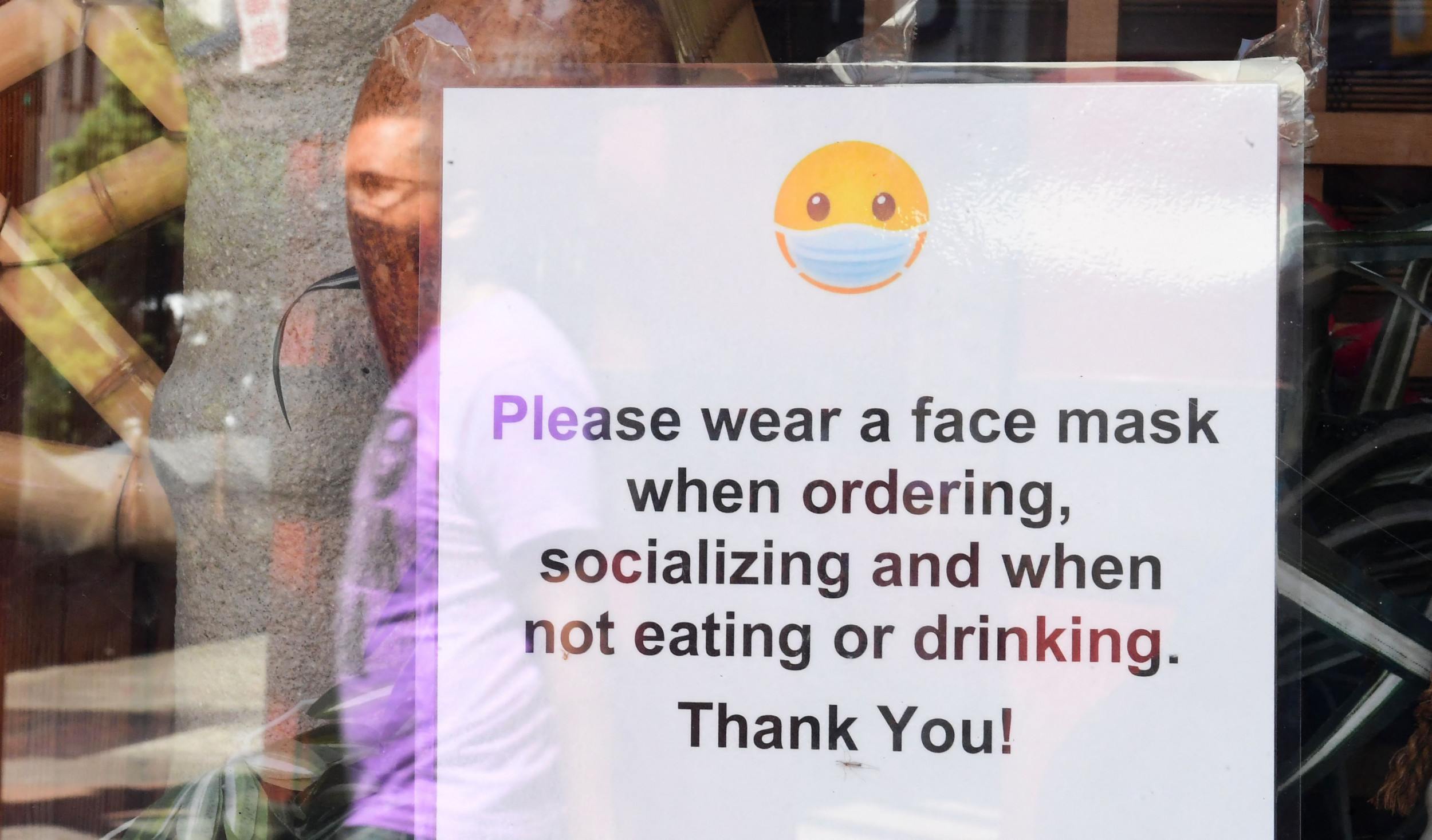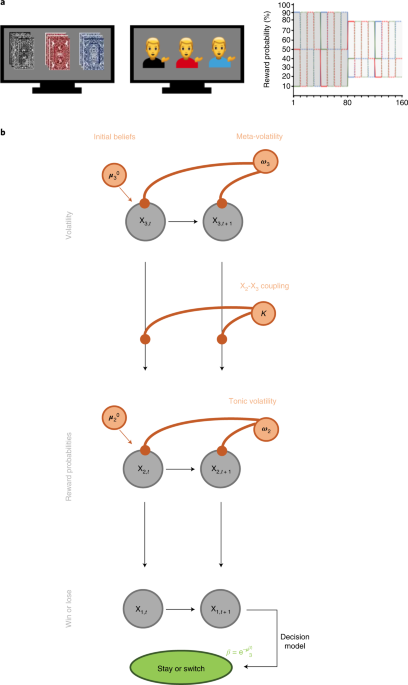Science says conspiracy ‘truthers’ tend to share these traits
As Covid-19 spread, so too did conspiratorial thinking. And while it doesn’t take a scientist to spot the correlation, a team of researchers did actually prove it.
A new Yale study, published in Nature Human Behaviour Journal, found that that Covid-19 has inflated several individuals’ feelings of paranoia — especially in regions wherein mask-wearing was mandated. The research also determined that the more paranoid an individual was, the more likely they were to believe — and/or promote — conspiracy theories regarding mask-wearing, vaccine safety, and fabrications from QAnon.
“Our psychology is massively impacted by the state of the world around us,” said Phil Corlett, a psychology professor at Yale University and author of the study. “From a policy standpoint, it is clear that if a government sets rules, it is important that they are enforced and people are supported for complying. Otherwise they may feel betrayed and act erratically.”
Historically speaking, this is nothing new: Conspiratorial thinking is notably contagious amid catastrophic circumstances — especially pandemics. In 14th Century Europe, for example, Jews were blamed for the Black Death (or bubonic plague), having been falsely accused of poisoning the well-water. (Of course in present day, we now know that in actuality, the plague was caused by bacteria.)
However we are very much not in the 14th Century, and in fact armed with more technology and knowledge than ever before. So, we set out to investigate: Who is still falling victim to dangerous conspiratorial narratives?
Karen Douglas, Ph.D., a social psychologist at University of Kent, addressed the phenomenon when speaking to the American Psychological Association. Apparently, people are customarily drawn to these theories “in an attempt to satisfy three important psychological motives:” epistemic, existential, and social. These boil down to one’s desire for knowledge and certainty, safety and security, and the desire to feel good about oneself.
“One way of doing that is to feel that you have access to information that other people don’t necessarily have,” Douglas said. “It’s linked to uniqueness, as well…a narcissistic notion.”
“Narcissism at an individual level has been associated in quite a few studies now with belief in conspiracy theories,” she continued.
A recent investigation, published in The Journal of Personality, also examined which personality traits are common in people inclined to believe theories, and concluded that “truthers” are customarily anxious, depressed, and — echoing Douglas’ observations — narcissistic, as well.
These conditions are not necessarily the fault of the individual, however. “People with lower levels of education tend to be drawn to conspiracy theories,” Douglas said, adding that this doesn’t indicate conspiracy theorists are less “intelligent,” per se. Instead, they tend to lack access to tools aide help readers and viewers in differentiating between fact and fiction. “They’re looking for that knowledge and certainty, but not necessarily looking in the right places.”
And that alone may fuel conspiratorial thinking. Feeling out of touch and socially excluded often leads to “superstitious thinking,” according to Princeton research: The feelings of rejection and/or despair brought on by said isolation prompt people to “seek meaning in miraculous stories,” that aren’t necessarily true or real — but are, at the very least, comforting.
At the end of the day, it’s clear that conspiracy theorists are lonely, lost and afraid, simply trying to find some meaning in the world. But it’s also apparent that these theories — and their supporters — are prone to reverting to violence in an effort to display their devotion. See the January riots at Capitol Hill — or the 2016 Pittsburgh synagogue shooting, prompted by the unfounded claim that Jews were moving immigrants across the border.
Perhaps we’ve not come that far since the bubonic plague, after all.











